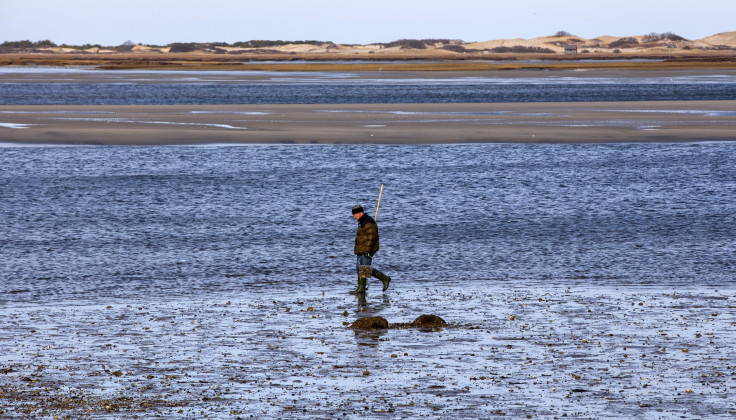Acidity In Oceans Endangering Shellfish

Increasingly acidic oceans are threatening US shellfish populations with the Pacific Northwest and Alaska expected to be affected first and the Northeast expected to be hit the hardest, researchers have said. More acidic waters have already cost the oyster industry almost $US110 million in the Pacific Northwest, and conditions in the Northeast will cut into the $US300 million annual mollusk harvest in southern Massachusetts, according to an article published in the journal Nature Climate Change.
The results are further examples that climate change is having an impact on both the planet and the global economy and will continue to threaten the environment even if greenhouse gas emissions are curtailed. The mid Atlantic and Northeast make a ton of money off vulnerable species and have a lot to lose. Excess carbon dioxide in the atmosphere is absorbed by the oceans. That change in the chemical balance can be devastating for mollusks, which struggle to build shells as seas become more acidic.
The waters of southern Massachusetts are most at risk, based on the potential threat to both the environment and the local economy, according to the study. While Southern Alaska will probably be exposed sooner to ocean acidification, it it less dependent on the shellfish industry. Marine environment in different regions vary, and efforts to reduce issues related to global warming must be tailored locally.
Acidity levels, for example, in Chesapeake Bay have climbed three times faster than in the open ocean. The seas off the Pacific Northwest have upswells of older water that affect the chemical balance. On the East Coast, reducing pollution would help mitigate acidity levels, while on the West Coast the conditions are more complicated and may require researchers and shellfish farmers to chemically manipulate the seawater.
Even if we were to stop all of out carbon inputs to the atmosphere and ocean, we’d still have 50 years of questionable water to deal with.
To contact the writer, email: sonali.raj@gmail.com




















